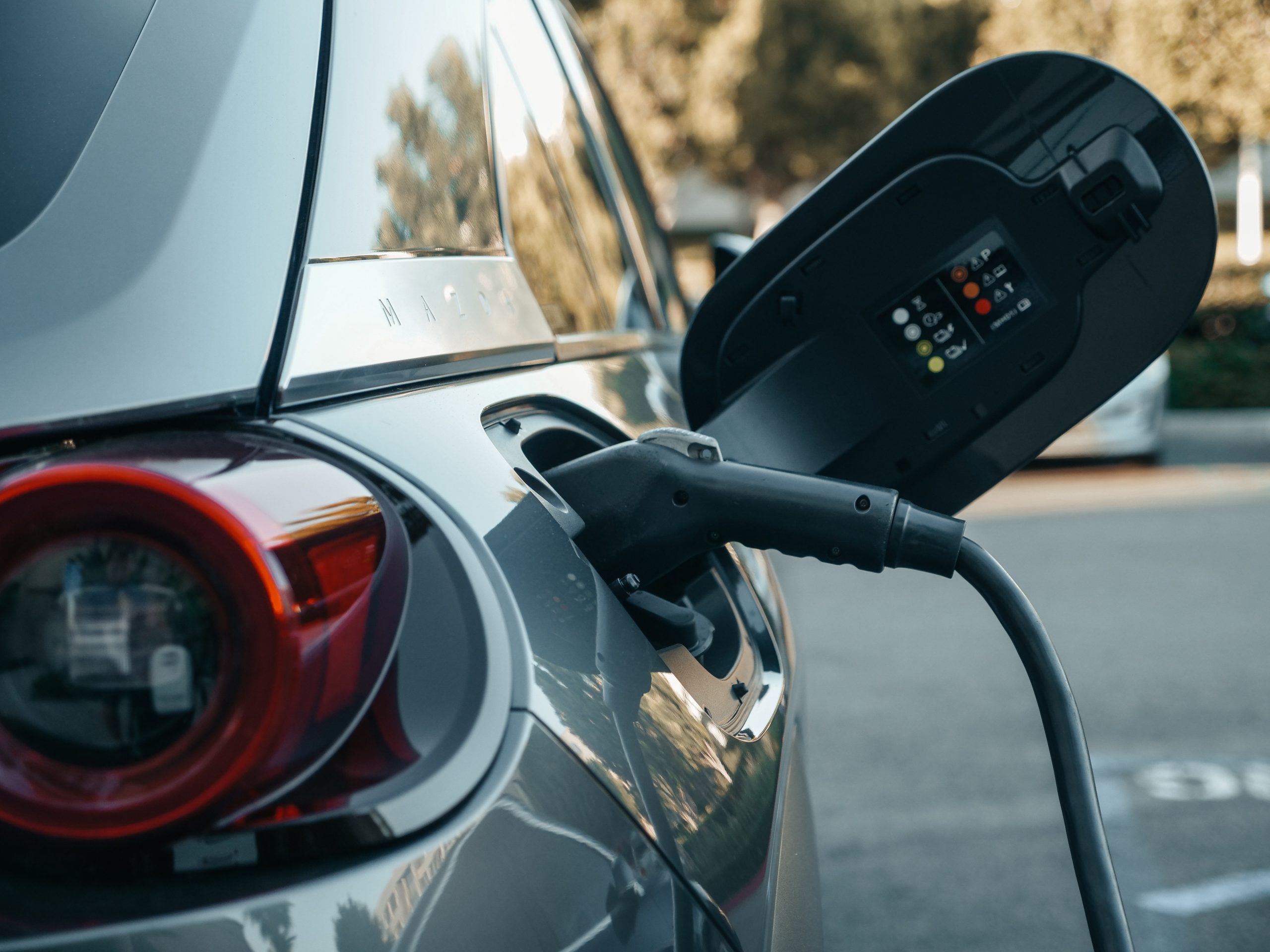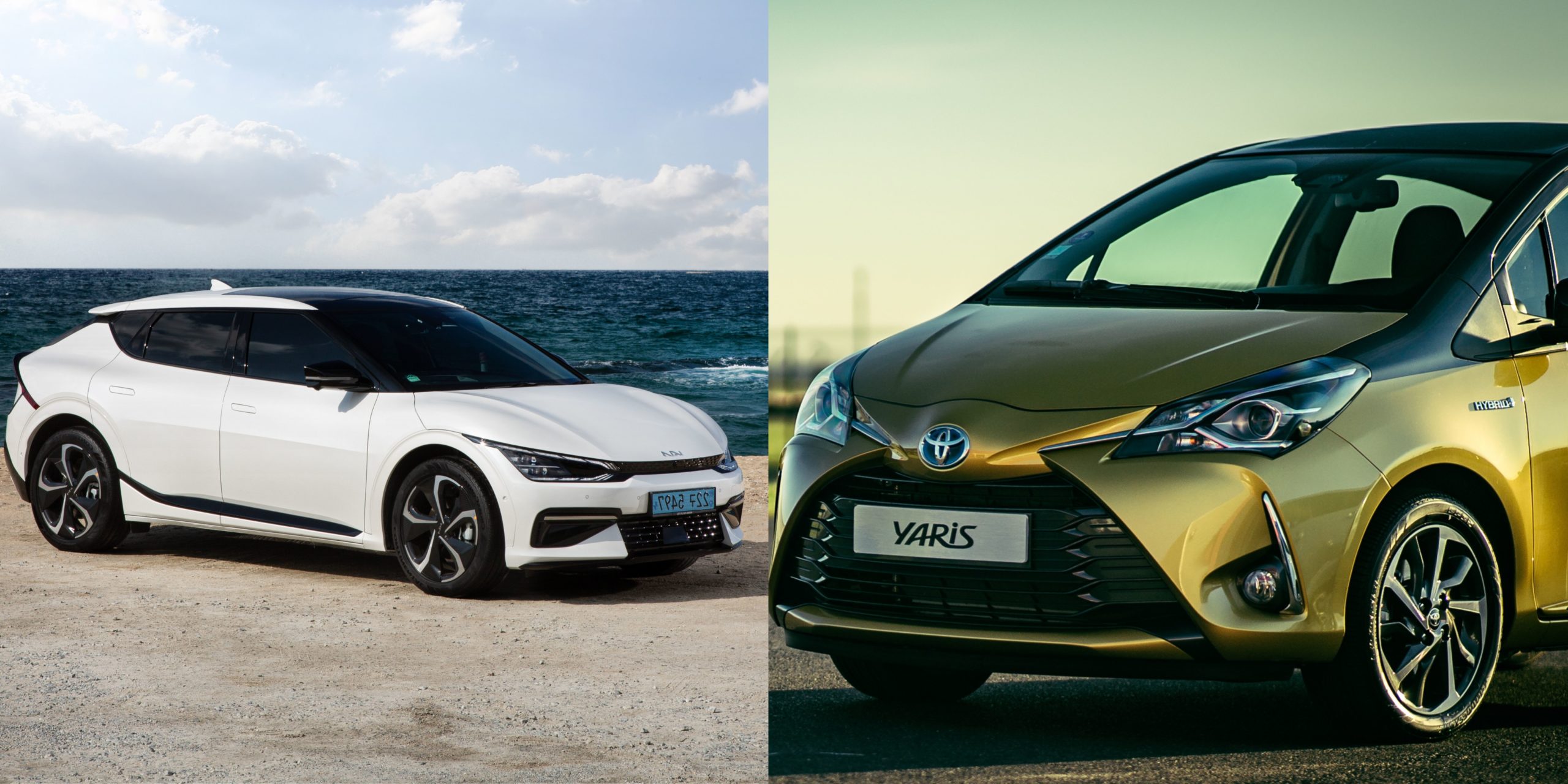A hybrid car is a vehicle that uses a combination of gasoline and electric power to propel itself. The technology behind hybrid cars allows them to switch between gas and electric power, or even use both at the same time, depending on the driving conditions. When driving at low speeds, the car uses its electric motor, which is powered by a battery pack. When driving at higher speeds, the car uses its gasoline engine, which is more efficient at those speeds. Overall, hybrid cars are an environmentally-friendly and fuel-efficient alternative to traditional gas-powered vehicles.
Pros and Cons of Hybrid Cars
Hybrid vehicles have become increasingly popular due to their fuel efficiency and environmental benefits. However, like any technology, they come with their own set of pros and cons. Let’s dive in,
Pros of Hybrid Vehicles
Fuel efficiency
Fuel efficiency is one of the key advantages of hybrid vehicles. They use a combination of gasoline and electric power to improve their fuel economy and reduce emissions. By utilizing regenerative braking and switching between gas and electric power, hybrid vehicles can achieve significantly better fuel efficiency than traditional gasoline cars. This can result in lower fuel costs and fewer trips to the gas station, making hybrid cars a more environmentally-friendly and cost-effective choice for many drivers.
Tax incentives
Tax incentives are another advantage of hybrid vehicles. Many countries offer tax credits or rebates to individuals who purchase hybrid cars as part of their efforts to promote sustainable transportation and reduce carbon emissions. These incentives can help offset the higher upfront cost of hybrid vehicles and make them more affordable for consumers.
Quiet operation
Quiet operation is also a benefit of hybrid cars. The electric motor in hybrid vehicles operates silently, which can be beneficial in urban areas where noise pollution is a concern. This can result in a more comfortable and enjoyable driving experience, especially during stop-and-go traffic or when traveling at low speeds. Additionally, the quiet operation of hybrid cars can help reduce noise pollution in urban areas and contribute to a more peaceful environment.
Regenerative braking
Regenerative braking is a technology used in hybrid cars that allows them to convert kinetic energy into electric energy when braking. As the car slows down, the electric motor turns into a generator, which charges the car’s battery pack with energy that would otherwise be lost during braking. This improves the fuel efficiency of hybrid cars by reducing the amount of energy lost during braking, which results in lower emissions and fewer trips to the gas station. Overall, regenerative braking is a key technology that helps make hybrid cars more environmentally friendly and fuel-efficient.
Lower maintenance costs
Lower maintenance costs are another advantage of hybrid cars. Because they have fewer moving parts and rely on electric power, they typically require less maintenance than traditional gasoline-powered cars. This can result in lower costs for routine maintenance such as oil changes, brake pad replacements, and transmission services. Additionally, because hybrid cars rely on electric power, they do not require as much maintenance for components such as the fuel system, which can further reduce maintenance costs. Overall, the lower maintenance costs of hybrid cars can make them a more cost-effective choice for many drivers.
Cons of Hybrid Vehicles
Higher upfront cost
One of the main disadvantages of hybrid cars is their higher upfront cost comparision to traditional gasoline-powered cars. This is due to the advanced technology used in hybrid cars, including the electric motor, battery pack, and regenerative braking system. While tax incentives and lower fuel costs can offset the higher upfront cost over time, the initial investment required to purchase a hybrid car can be a barrier for some consumers. However, as technology continues to improve and become more widespread, the cost of hybrid cars may decrease, making them more affordable for consumers.
Limited electric-only range
Another disadvantage of hybrid cars is their limited electric-only range. While hybrid cars can switch between gasoline and electric power, most have a limited electric-only range. This means that they still rely on gasoline to travel longer distances, which can reduce their overall fuel efficiency and increase emissions. Additionally, the limited electric-only range can be a barrier for drivers who want to rely solely on electric power for environmental or cost reasons. However, as battery technology continues to improve, the electric-only range of hybrid cars is an even more attractive option for eco-conscious drivers.
Battery replacement costs
Hybrid car batteries last for many years, but you need t replace them timely, which can be expensive. The cost of a replacement battery pack can vary depending on the model of the car and the specific battery technology used. This can be a significant expense for owners, and may reduce the overall cost-effectiveness of owning a hybrid car. However, as battery technology continues to improve, the cost of replacement batteries is expected to decrease over time.
Complex technology
Hybrid cars have complex technology that can be difficult and expensive to repair if it malfunctions. The electric motor, battery pack, and other advanced components require special training and equipment to diagnose and repair, which can make repairs more expensive than traditional gasoline-powered cars. Additionally, because hybrid technology is relatively new, there may be a shortage of trained technicians who are able to work on hybrid cars. This can result in longer wait times for repairs and higher labor costs.
Performance trade-offs
Hybrid cars often sacrifice performance for fuel efficiency. The electric motor in hybrid cars typically provides less power than a traditional gasoline engine, which can result in slower acceleration with low horsepower. Additionally, because hybrid cars are designed for fuel efficiency, they may have a lighter weight and smaller engine size than traditional cars, which can further impact performance. While this may not be a concern for all drivers, those who prioritize performance may find that hybrid cars do not meet their needs.
Also Read : Car Exaust Smoking White
Wrap Up
Hybrid cars offer several advantages such as fuel efficiency, tax incentives, quiet operation, regenerative braking, and lower maintenance costs. However, they also have some disadvantages, including higher upfront cost, limited electric-only range, battery replacement costs, complex technology, and performance trade-offs. While you have to consider the drawbacks too, hybrid cars remain a viable option for drivers who prioritize fuel efficiency and reducing their environmental impact. As technology continues to improve and become more widespread, the cost and performance of hybrid cars are making them an even more attractive option for consumers in the future.

